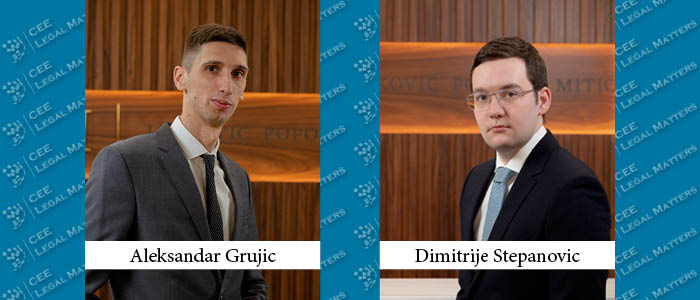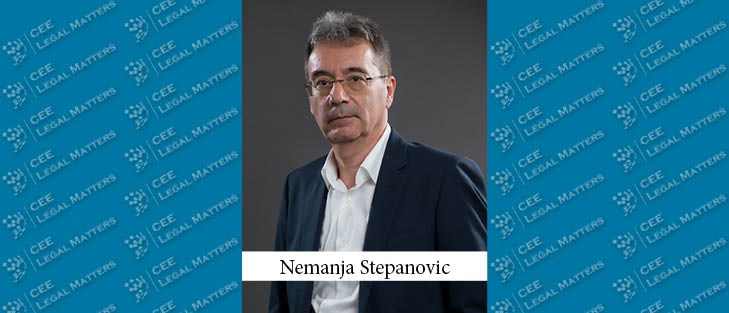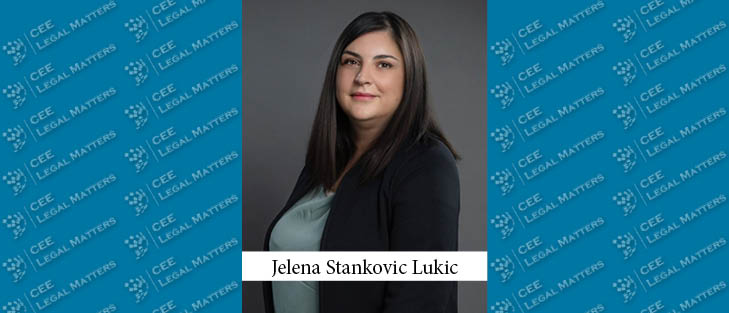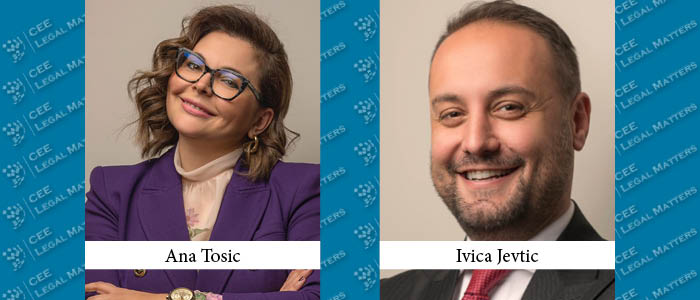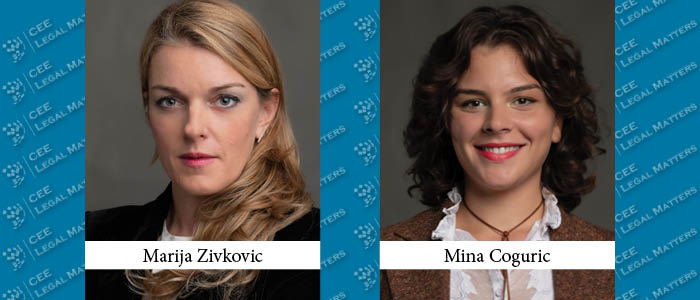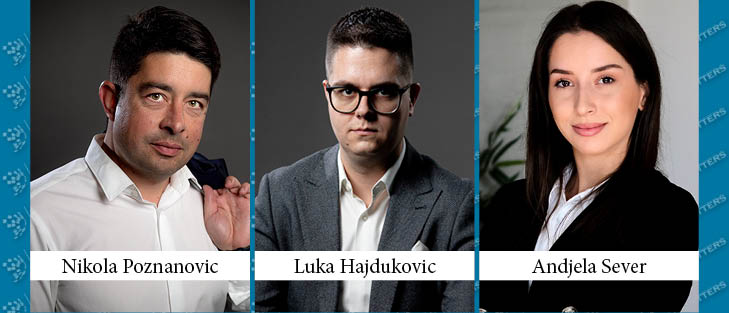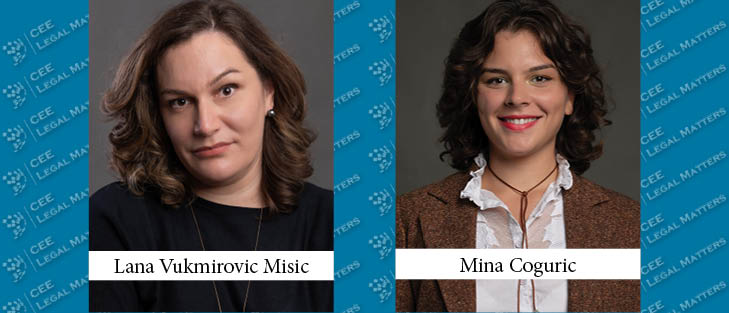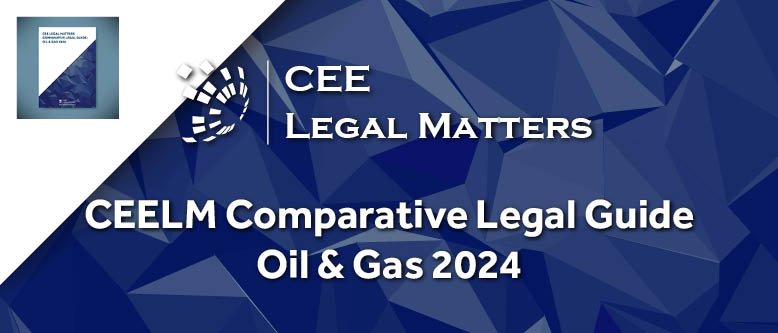In recent years, many countries have revised their tax legislation to improve and stabilize their national economies. The Republic of North Macedonia is among the countries with one of the lowest corporate tax rates in Europe, set at 10%, making it an attractive destination for investment. However, as a nation still undergoing transition and in need of new investments, the new Macedonian government believes that further reducing the tax rate will create better opportunities to attract new investments, which is crucial for improving and stabilizing the economic situation.
Law on Amendments to the Law on Prevention of Money Laundering and Financing of Terrorism
On 6 December 2024, the Law on Amendments to the Law on Prevention of Money Laundering and Financing of Terrorism and the Law on Amendments to the Law on Public Notaries entered into force. These two laws were adopted by the National Assembly of the Republic of Serbia and published in the Official Gazette of the Republic of Serbia on 28 November 2024.
Non-Material Damage Indemnity in Serbia – Adjudication of Statutory Default Interest and the Costs of Civil Proceedings
Non-material damage is determined by Serbian law as inflicting on another physical or psychological pain or causing fear. Also, the law prescribes that the court shall, after finding that the circumstances of the case and particularly the intensity of pains and fear, and their duration, provide a corresponding ground thereof – award equitable damages for physical pains suffered, for mental anguish suffered due to reduction of life activities, for becoming disfigured, for offended reputation, honor, freedom or rights of personality, for the death of a close person, as well as for fear suffered.
JPM Partners Advises Presto Pay on Payment Institution License in Montenegro
JPM Partners has advised Presto Pay on obtaining a payment institution license from the Central Bank of Montenegro.
Platform eConsultations: Easier Way of Informing and Enabling the Participation of Interested Parties in the Process of Preparation and Adoption of Regulations
Back in the year 2021 the platform „eConsultations“ was set up under the Decision of the Government of the Republic of Serbia on the establishment of platform „eConsultations“ with the goal of enabling easier participation of interested parties/public in the process of preparation and adoption of not only laws, but also of other regulations and acts, by possibility for the public to be informed through this platform of whether certain law or regulation is in the process of preparation or of when shall the public hearing regarding a draft law take place, as well as by possibility for the interested parties/public to take part in the process of preparation and adoption of these acts by providing comments electronically (online).
Navigating the Technological Revolution in Law: A Personal Perspective
As someone leading my firm's digital transformation efforts over the past five years, together with the firm’s Senior Partners, I've been involved in the adoption of artificial intelligence and other advanced technologies. It has been a challenging yet stimulating journey, and I want to share my insights into what drove this transformation.
Sweeping Changes to Games of Chance Regulations
The proposed Draft Law on Amendments and Supplements to the Law on Games of Chance brings several important changes, certain new legal solutions as a result of the needs of practice and market development, harmonization of the text of the law with technological development in this area, but also introduces new obligations to organizers and significantly increase in fees for obtaining approval and for organizing of games of chance.
M:tel Fined EUR 806,953.09 for Gun-Jumping in Montenegro
The Misdemeanor Court in Podgorica recently imposed a fine of EUR 806,953.09 on the telecommunications company M:tel doo Podgorica (“M:tel”) for the acquisition, by its related Serbian company, of 50% shares in the Slovenian company Arena Sport doo Ljubljana (“Arena Sport”).
JPM Partners Integrates Tosic & Jevtic to Expand into North Macedonia
JPM Partners has announced its expansion into North Macedonia via the integration of Tosic & Jevtic into its regional network.
Law on Amendments to the Law on Copyright and Related Rights
In Montenegro the Law on Amendments to the Law on Copyright and Related Rights came into force and it aims to harmonize Montenegrin legislation with EU legislative, particularly in the part that facilitates broad access to copyrighted works by enabling the sharing of online content through various platforms.
Tax Law Drafts Published
On October 16, the Ministry of Finance published draft amendments of, as many as, 7 laws in the field of taxation, with an invitation to interested parties to submit comments, suggestions and objections to the published drafts by October 23. In addition to tax laws, drafts and amendments to the Law on Public Property and the Law on Republic Administrative Fees were published.
New Investigation Into Potential Antitrust Violation Involving Retail Markets
On 10th October 2024, the Commission for the Protection of Competition (“Commission”) initiated an ex officio investigation proceedings for potential antitrust violation involving DELHAIZE SERBIA DRUŠTVO SA OGRANIČENOM ODGOVORNOŠĆU BEOGRAD (NOVI BEOGRAD), Mercator-S DOO BEOGRAD, UNIVEREXPORT EXPORT-IMPORT DOO, and DIS DOO KRNJEVO (“Companies”).
New Waste Management Law of Montenegro – Key Changes for Producers and Retailers
The new Waste Management Law of Montenegro (“the Law”), which came into force on April 12, 2024, represents a step further towards harmonizing Montenegrin legislation with the acquis communautaire, namely key European Union (“EU”) directives in the area of waste management.
Law on Management of Companies Owned by the Republic of Serbia
The Law on Management of Companies Owned by the Republic of Serbia (hereinafter: the Law) came into force on 16 September 2024 in full. This Law was adopted in accordance with the recommendations that the Republic of Serbia received from the International Monetary Fund in order to corporatization, improve management and change the legal form of enterprises in the Republic of Serbia.
Proposal for the Amendment of the Law on Public Notaries
The Government of the Republic of Serbia has proposed amendments to the Law on Public Notaries ("Official Gazette of RS", no. 31/2011, 85/2012, 19/2013, 55/2014 - other law, 93/2014 - other law, 121/ 2014, 6/2015 and 106/2015) with the purpose of introducing the obligation to solemnize monetary loan agreements between natural persons in the amount of EUR 10,000 and higher.
Power Play: EU’s New Rules on Market Giants’ Exclusionary Tactics
Montenegro is not a member state of the European Union but rather a candidate country for membership, which status was granted on December 17, 2010. As such, European Union regulations are not directly applicable in Montenegro, however, many regulations have been harmonized with EU directives as a result of the harmonization process (acquis Communautaire).
CEE Legal Matters Comparative Legal Guide: Oil & Gas 2024 is Now Out!
CEE Legal Matters is proud to introduce the latest in our Comparative Guides series. This one focuses on Oil & Gas in CEE.
Oil & Gas Laws and Regulations in Serbia (2024)
Contributed by JPM & Partners.



